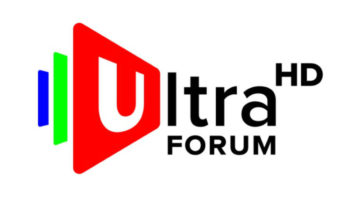The rapid deployment of MPEG-DASH over two years is both a credit to the 74 members of the DASH Industry Forum, and a beacon to other standardisation groups looking to accelerate their ratification procedures. It also kills off proprietary legacy solutions.
“The whole point of the standard is to enable content owners to reduce the cost of deployment. We have built an interoperable open eco system,” said DASH-IF president and chairman Iraj Sodagar. “We are not here to replace any other standards consortia. The main role is to deploy MPEG-DASH in a coherent way across different markets.”
Coincidental to IBC, DASH-IF has issued V3.0 of its implementation guidelines.
“We are adding key features like interoperability points for on-demand, live and time-shift streaming using AVC/H.264 and HEVC/H.265 codecs. We had DRM before through discussions with the DVB, but we completed multi DRM support,” he said.
“Another key factor is the support of CEA-608/708, which is a format used currently in MPEG-2 broadcast for close caption.
“Along with V3.0 we published guidelines for live services and ad insertions: those two enable different business models, different ways of monetising and deploying services. I believe that if companies started deploying these they may come back and ask questions, either for the clarifications of how to deploy, or they may need user cases to be referred to. So the purpose of DASH-IF is just to foster that option. We are going to handle issues,” he added.
Where does DASH-IF sit in terms of the immediate future?
“We have published implementation guidelines and test vectors, and brought industry players together to agree a set of constraints,” said Sodagar. “We will see how it is going to work out – whether we need to produce more standardisation, more implementation guidelines, or whether it is going to become purely promotional activities. Or maybe it is so successful that DASH-IF activities will wind down.”
All new DASH-IF publications are under a public comment period. Armed with clarifications it will finalise everything in
two months.





